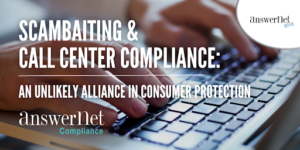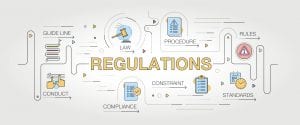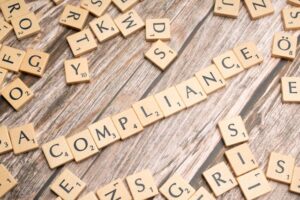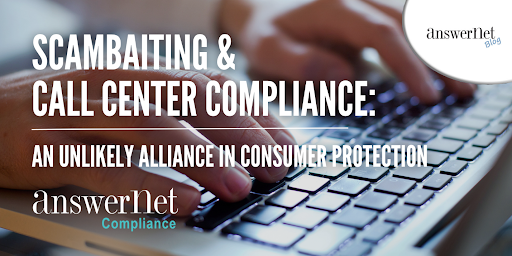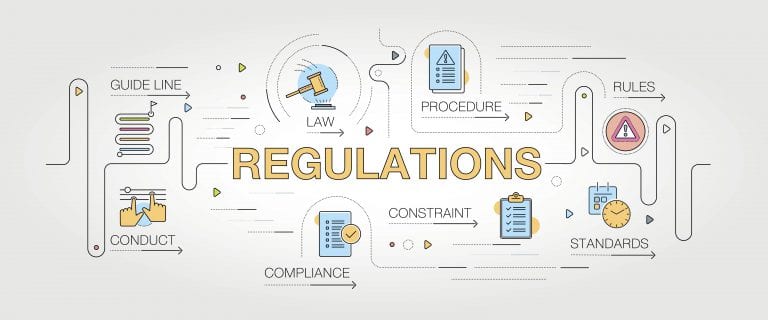Today I received a phone call from a number I didn’t recognize. Like most of us do, I declined the call. Thirty seconds later, my phone chimed, indicating I had a new voicemail. While listening to the message, I let out an audible “ughhhhhhh” as it was an important call I had been waiting on. The frustration!
Why should my frustration matter to you? Because I’m your customer, and I did not know you were a legitimate caller.
Situations like this are all too common and are why the Federal Communications Commission (FCC) implemented a set of protocols called STIR/SHAKEN.
Combating Fraudulent Calls with STIR/SHAKEN
Data shows Americans received 50.5 billion robocalls in 2021, with 3.6 billion received in December alone.
With the rise in robocalls over the years, consumer confidence and trust in unknown callers reached an all-time low. As a result, the FCC created the STIR/SHAKEN authentication framework that went into effect in June 2021. This makes it significantly harder for scammers to employ call spoofing to defraud consumers.
While this is excellent news, call centers conducting legitimate business can experience adverse outcomes, such as low(er) answer rates.
What is STIR/SHAKEN?
STIR/SHAKEN are two components of the fight against robocalls.
- STIR creates a digital signature for a call that identifies the calling party and allows the carrier to verify the call, effectively weeding out the “bad” calls.
- SHAKEN is the framework that phone carriers use to implement STIR.
The two components work to limit spoofing, the practice of disguising robocalls or spam calls as a call from a legitimate source. As a result, consumers only need to look at the caller ID to determine if the call is verified.
How STIR/SHAKEN Authentication Works & Why Should Call Centers Care?
The STIR/SHAKEN framework has many moving parts. It begins with the caller’s telephone service provider verifying the source and how to attest to its validity.
Before completing a call to the intended party, one of three levels of Attestation is assigned: Full Attestation, Partial Attestation, and Gateway Attestation.
- Full Attestation (A) means the service provider authenticated the caller and phone number.
- Partial Attestation (B), the call’s origin is authenticated but not the caller’s authorization to use that number.
- Gateway Attestation (C) means the call didn’t meet the requirements of the first two attestations. For example, the service provider could determine from where the call came but not the source.
Are your Calls Signed with Full Attestation (A) or Signed at All?
If your calls are not signed with A-level or Full Attestation in the STIR/SHAKEN framework, they are more likely to be blocked or labeled as spam and will likely not go through or be answered.
How can you market your product or service if you can’t reach your potential or current clients because your outbound calls are being blocked or flagged? You can’t.
Did you know that each time a consumer answers your call, it signals to telecom providers and call analytics algorithms that your call is a trusted one?
The ‘trust meter’ goes up even more if the consumer answers your call and the call lasts more than 30 seconds. A high volume of short-duration calls signals to telecom carriers that your calls are spam (or unwanted).
“Give me an A”! (A-Level Full Attestation, that is)
Before the government’s deadline to implement STIR/SHAKEN protocols, Quality Contact Solutions completed the registration of all Caller ID numbers utilized for client programs, using the enterprise name to ensure the calls were compliant.
In addition to our calls signed with Full Attestation (A), we also employ a real-time monitoring and remediation service to prevent improper blocking and labeling of calls. This means an increased call delivery rate and an increased call answer rate for our clients.
If you want to work with a telemarketing partner that is STIR/SHAKEN-compliant and has experience managing hundreds of B2B and B2C customer contact campaigns, reach out to us at 866-963-2889 or by completing the contact form below.
Megan Hottman is the Copywriter & Editor for Quality Contact Solutions. Megan’s experience includes working as a sales & marketing director for a Fortune 100 company for many years. Megan has been both a client and an employee of QCS, so she knows first-hand the quality, productivity and passion the team brings to work on a daily basis. You can reach Megan at megan@qualitycontactsolutions.com or 516-656-5120.


